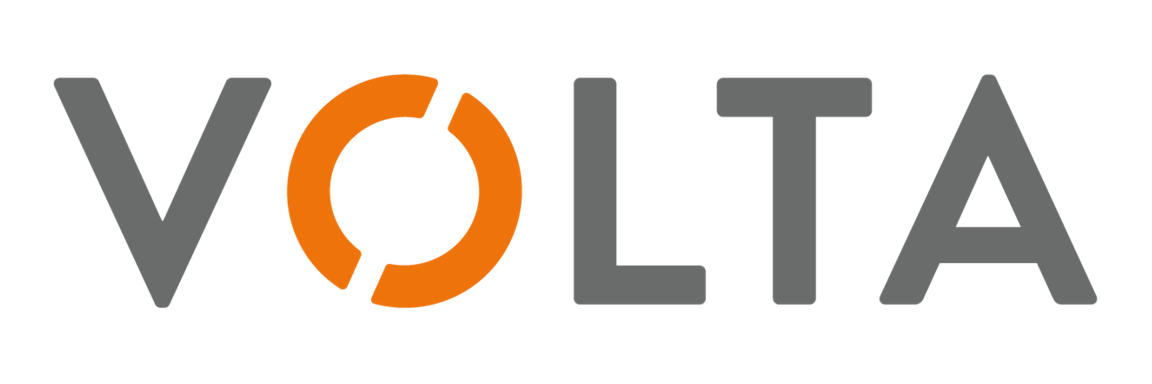What is Networking?
Networking can be defined as developing and expanding your professional and social contacts to share information, connections and experience. The goal of professional networking is to establish and maintain authentic, long-term business-oriented relationships that support your and others’ professional and career development and personal growth.
NETWORKING: A LOVE/HATE STORY
What is your reaction when you hear the word “networking”? Many people find networking unappealing because it feels difficult or transactional. For others, networking comes more easily either due to personal preferences or simply because they have developed the habit over time. Regardless of where you land, networking is a skill that can be learned and practiced just like any other skill. And, if you currently fall within the “I don’t like to network” camp, you may end up enjoying it after learning and developing the techniques and strategies that work for you. Your Volta counselor can help you become more comfortable with networking. And, based on our years of experience advising lawyers, we firmly believe that anyone (whether an introvert or an extrovert) can network effectively.
Still not entirely convinced? We’ve debunked several “myths” about networking that may be getting in your way to honing this incredibly important job search skill.
Further Reading
If you want to take a deeper dive into networking, below are some reading recommendations:
Build Your Dream Network: Forging Powerful Relationships in a Hyper-Connected World
By J. Kelly Hoey
If you think of networking as schmoozing at boring cocktail parties or scrolling through LinkedIn for new contacts to add, think again. In the social media age, you need a modern roadmap for creating and cultivating meaningful connections to stand out from the crowd and achieve any of your goals, no matter how big or small.
Never Eat Alone, Expanded and Updated: And Other Secrets to Success, One Relationship at a Time
By Keith Ferrazzi
In Never Eat Alone, Ferrazzi lays out the specific steps—and inner mindset—he uses to reach out to connect with the thousands of colleagues, friends, and associates on his contacts list, people he has helped and who have helped him.
NETWORKING is the key to the hidden job market
Did you know that somewhere between 55 AND 85 PERCENT of all job openings are NEVER POSTED AT ALL? Instead, these fall within the so-called “hidden job market” and the only way to learn about these unpublished opportunities is to talk with people, get introductions and achieve visibility. In short: by networking.
One goal of networking is to put you in the right place at the right time, so that when an employer is looking to hire someone with your background, you’re already known to the organization or to people within it.
While searches for job postings should certainly comprise part of your daily job search responsibilities, they should only be one small part, supplemented by extensive networking efforts. When you see an ad or online posting, the first thing you should ask yourself is, “Do I know anyone connected to this organization?” If you’re not sure, do a LinkedIn search of the employer, and see if you have first- or second-degree connections. You can also find out if any of your connections used to work there. Anyone who has that employer anywhere in their profile will come up in your search results.
Traditional, ad-based job searches are a good starting point, but postings are publicly available. In this market, you need every advantage you can create for yourself. If you see a great position online, apply – but if you don’t network your way into that job, it’s likely that someone else will.
Before you jump right into networking, read some basic tips under Networking 101 to set yourself up for more meaningful and productive outreach to your network.



